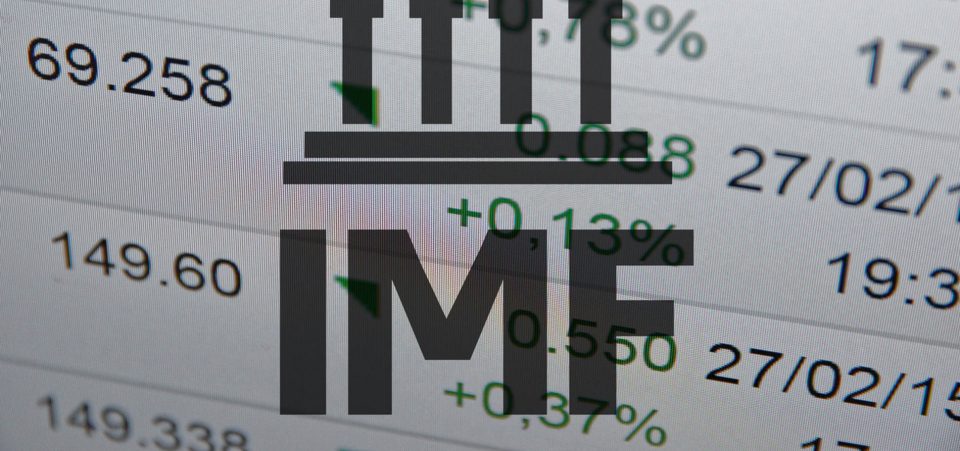IMF Managing Director Christine Lagarde’s Tenure at Risk
A French court has found the International Monetary Fund (IMF) boss, Christine Lagarde, guilty of “negligence.” Christine Lagarde mismanaged an arbitration case involving businessman Bernard Tapie. The case cost French taxpayers the sum of about $500.0 million (€400.0 million) in 2008. The judges, however, felt that Lagarde did not deserve punishment.
That said, the IMF will meet in the next few days to discuss the case. It’s hard to see how Lagarde could avoid resigning from the institution. However incidental her role in failing to protect the French state, it has tarnished her reputation.
Her bite, when dispensing advice about fiscal responsibility to a country like Greece, for example, will be short on teeth. In other words, Lagarde’s credibility is shot. If she stays on, the IMF would weaken.
Almost two years ago, in February 2015, the Court of Appeal of Paris canceled the arbitration that resulted in Bernard Tapie receiving €403.0 million to settle his dispute with French bank Crédit Lyonnais. The case goes back more than 20 years. It started out as a dispute between Tapie and sports equipment manufacturer Adidas AG.
Since then, it has become a political affair, involving the highest authorities of the state. The details are not important as far as the IMF and Lagarde are concerned. She replaced another French official, Dominique Strauss-Kahn. He too served as French minister of the economy.
Strauss-Kahn served as head of the IMF from 2007 to 2011. He resigned in the wake of a sexual scandal, after being found guilty. Lagarde’s scandal is not on the same moral level as Strauss-Kahn’s, perhaps, but the IMF cannot afford another blow to its already shaky reputation.
IMF’s Reputation Is at Stake Regardless of Lagarde’s Successful Career
At the end of a meteoric rise, Lagarde took control of the IMF in 2011. She came to the Washington-based financial institute directly after leading the French Ministry of the Economy (2007-2011). She was the first woman to head the IMF. An ideal choice to lead the IMF, she was traumatized by the sexual scandal that forced Strauss-Kahn to resign.
The accusations against Lagarde, even if she was not sentenced, have tarnished her otherwise exemplary résumé. Indeed, had she not been the head of the IMF, she would have been charged and punished. The IMF is still knee-deep in the affairs of Greece—and therefore the European Union (EU).
Lagarde urged the Greeks, already drained by austerity plans, to pay all “their taxes.” She also reproached Greek authorities to behave as “adults.” In turn, Alexis Tsipras, Greece’s Prime Minister, accused Lagarde of having a “criminal responsibility” in the country’s situation. (Source: “Greek PM accuses IMF of ‘criminal responsibility’,” The Irish Times, June 17, 2015.)
Faced with criticism, Lagarde has rejected, without much success, the IMF’s image as an “inhuman” institution. Faced with the protectionist outbreak in the United States and Europe, this fervent proponent of free trade has recently felt that growth must be “rethought” to curb “rising inequality.”
The IMF’s board of directors, which represents its 189 member states, has always trusted Madame Lagarde. It may not recommend her resignation but, as an honorable person, she probably will resign.






